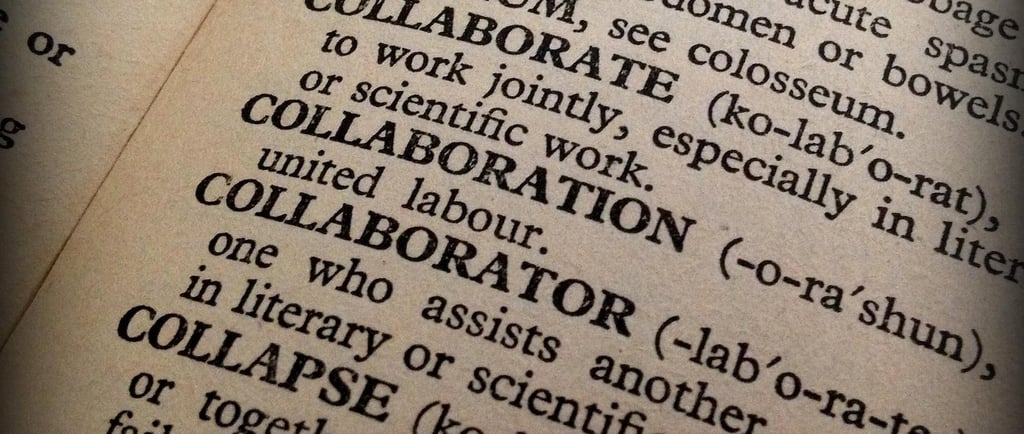Boost Your Vocabulary in 10 Minutes a Day: Smart Tips for IELTS & TOEFL Success
Learn how to grow your English vocabulary in just 10 minutes a day. Discover practical, proven methods to improve quickly for IELTS and TOEFL without boring word lists.
YESP Team
9/28/20252 мин чтение


When it comes to IELTS or TOEFL preparation, everyone knows that vocabulary plays a huge role. Strong vocabulary helps you in speaking, writing, reading, and even listening. But here’s the challenge: most students think they need hours every day to learn new words. The truth? You can make real progress with just 10 minutes a day — if you do it right. In this post, you’ll discover practical, fresh, and effective ways to build a stronger vocabulary in only 10 minutes a day. No cramming, no frustration, just smart strategies that actually work.
1. Micro-Reading, Not Long Reading
We’ve all heard “read more books” as advice. But let’s be honest: you don’t always have the time or energy. Instead, try micro-reading. Spend 10 minutes with short, high-quality texts like news summaries, science blurbs, or opinion pieces. Websites like The Economist Espresso or BBC News in 10 give you short texts packed with advanced words.
2. Context Over Lists
Yes, word lists are everywhere, but memorizing them in isolation rarely sticks. Instead, choose just 3–4 words from your micro-reading and learn them in context. Write one short sentence for each word, or imagine how you’d use it in a TOEFL or IELTS speaking response.
3. Active Recall with Mini-Quizzes
Most students review vocabulary by re-reading lists. That’s passive. Instead, try active recall: cover the meanings and quiz yourself. Better yet, record yourself saying the words and definitions, then play it back while walking. This way, you’re combining memory and speaking practice in one go.
4. Anchor Words to Your Life
Here’s the novelty: don’t only learn “academic words” for the sake of exams. Anchor them to your real experiences. For example, if the word is significant, don’t just memorize “important.” Say: “Getting my first job was a significant moment in my life.” Personal connections make words harder to forget.
5. Use Apps Smarter
Yes, apps like Quizlet, Anki, and Memrise are popular. But don’t just download decks. Create your own. The effort of typing definitions, synonyms, and sample sentences is part of the learning. That’s what makes the knowledge stick.
6. The 3-2-1 Technique
End your 10-minute session with this quick system:
Write 3 words you learned today.
Make 2 short sentences using them.
Review 1 old word from last week.
It’s simple, but the mix of new + old reinforces memory. Now, we hope you realize you don’t need hours of study. Consistency beats intensity. Just 10 focused minutes daily, micro-reading, context practice, recall, and personal anchoring can expand your vocabulary faster than cramming for hours once a week.
👉 Want to learn more strategies like this? Book a free demo lesson with YESP and see how we help students boost their IELTS and TOEFL scores step by step.
